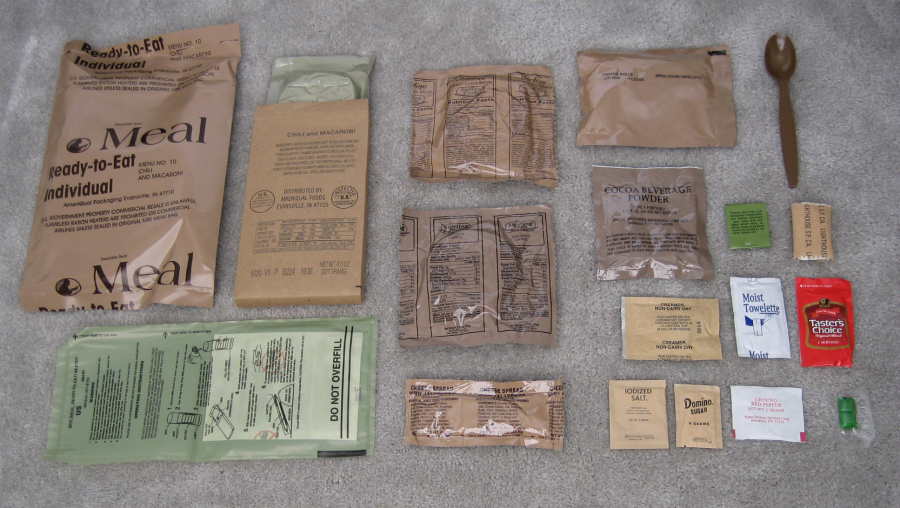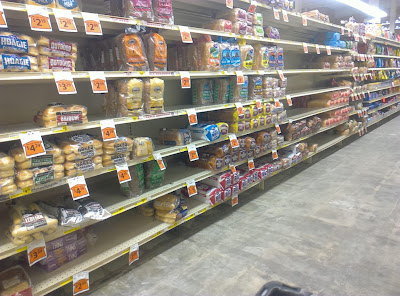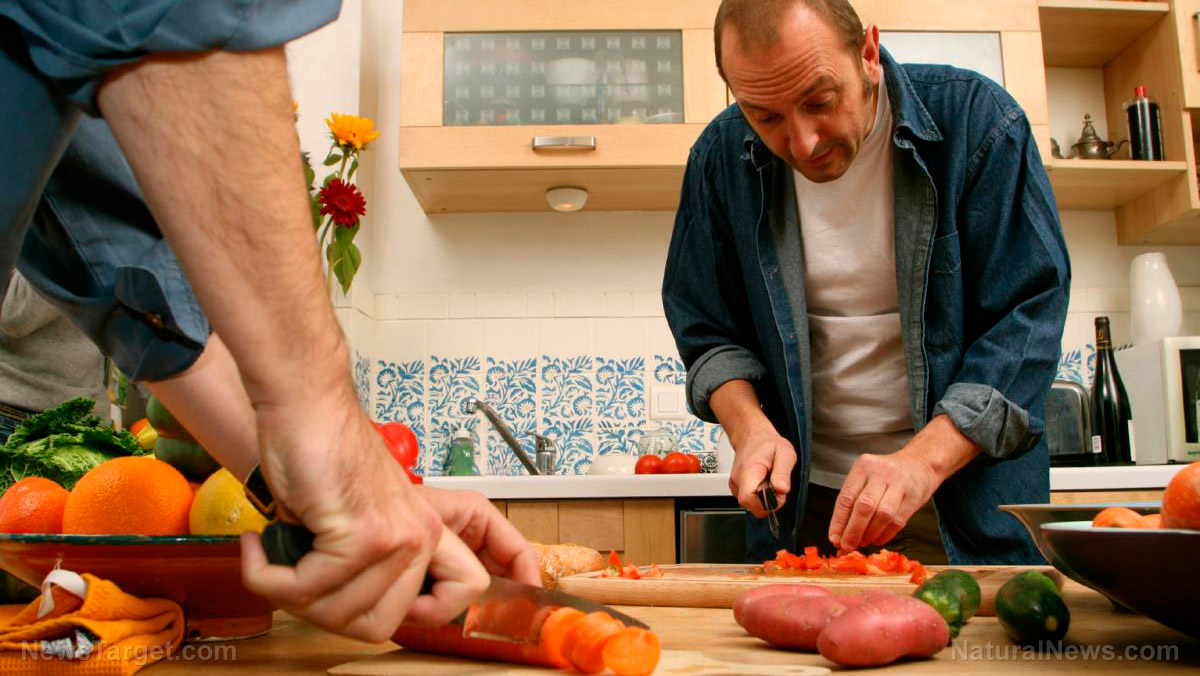Lufa Farms to feed Montreal with produce from world’s largest rooftop greenhouse
04/30/2021 / By Divina Ramirez

The world’s biggest commercial rooftop greenhouse, which spans over three acres, sits on top of a former Sears warehouse in a borough in Montreal, Canada. It produces over 24,000 pounds of tomatoes, eggplants and other vegetables each week.
The massive greenhouse belongs to Lufa Farms. Since its inception in 2009, Lufa Farms has been fine-tuning its process around farming on commercial rooftops in its efforts to practice sustainable farming. This kind of farming involves making good use of existing spaces, like defunct warehouses, to grow food crops.
Lufa Farms employs what it calls “responsible agriculture” practices. These include reusing collected rainwater to irrigate crops, using energy-saving greenhouse panels and forgoing the use of synthetic pesticides.
Any waste produced by the greenhouse is also composted and reused. Plus, fresh produce from the greenhouse are sold directly to customers on the day they are harvested. Lufa Farms also has a fleet of electric vehicles reserved for delivering thousands of baskets of rooftop-grown produce to customers across Montreal.
Lufa Farms has three other rooftop greenhouses in Montreal. But the fourth greenhouse is bigger than the others combined. According to co-founder Lauren Rathmell, the new greenhouse will accelerate the company’s mission to “grow food where people live.” In addition, it would help them meet a rising demand for “fresh, local and responsible foods.”
In an interview with Fortune, co-founder and chief executive officer (CEO) Mohamed Hage said their objective at Lufa Farms is to “get to the point where we’re feeding everyone in the city.” And that could be made possible by building and maintaining rooftop greenhouses that bring agriculture into towns and cities. These structures should also be as energy-efficient and environmentally friendly as much as possible.
That’s exactly what Lufa Farms has a decade after its inception. The company now feeds a huge portion of Canada’s second-biggest city with fresh rooftop-grown produce.
Technology made urban gardening more efficient, especially during the pandemic
Co-owners Rathmell and Hage acknowledged the role that technology played and continues to play in their success. “We see ourselves as a technology company, in the sense that we solve with software,” noted Rathmell.
In fact, their operations were so complex that nothing off-the-shelf could be applied to what they did, Rathmell noted. For instance, they had to harvest food themselves, gathering from farmers and food makers across Montreal and the province of Quebec.
They also have programmers working on the systems that run their e-commerce, warehouse management, routing, customer relationships, supplier fulfillment, vendor payments, deliveries and more.
This sophisticated system was put to the test when the coronavirus pandemic struck the globe last year. All of a sudden, people were rushing to stock up on foods and household supplies, leaving grocery shelves empty for days. As the world responded to the coronavirus pandemic, local food systems proved resilient and essential. (Related: America’s food system in shambles in the wake of the coronavirus pandemic.)
According to Hage, they saw a doubling of demand from existing and new customers last March. They were able to meet this demand by growing food locally on rooftops and sourcing from local farmers.
In particular, Lufa Farms launched a seven-day service, tripled its home delivery capacity, launched a number of new software tools to improve its system and hired more than 200 employees and 35 local farmers and food makers. Overall, the company gained about 30,000 new customers, called Lufavores, since March 2020.
“We essentially doubled overnight,” noted Rathmell. But the surge in demand proved helpful. Lufa Farms built and grew what would have taken years in just a span of three months. “We were experimenting and learning so much and so fast,” said Rathmell.
Today, Lufa Farms produces about 25,000 baskets of rooftop-grown produce each week. “The Lufa team today is a hardened one, more ready and committed to our mission than ever,” added Rathmell.
Visit HomeGardeningNews.com to learn more about rooftop gardening and other forms of urban gardening.
Sources include:
Tagged Under: clean food, environment, food independence, food safety, food supply, gardening, organic farming, rooftop gardening, sustainable agriculture, sustainable living, urban gardening
RECENT NEWS & ARTICLES
EmergencyFood.News is a fact-based public education website published by Emergency Food News Features, LLC.
All content copyright © 2018 by Emergency Food News Features, LLC.
Contact Us with Tips or Corrections
All trademarks, registered trademarks and servicemarks mentioned on this site are the property of their respective owners.





















